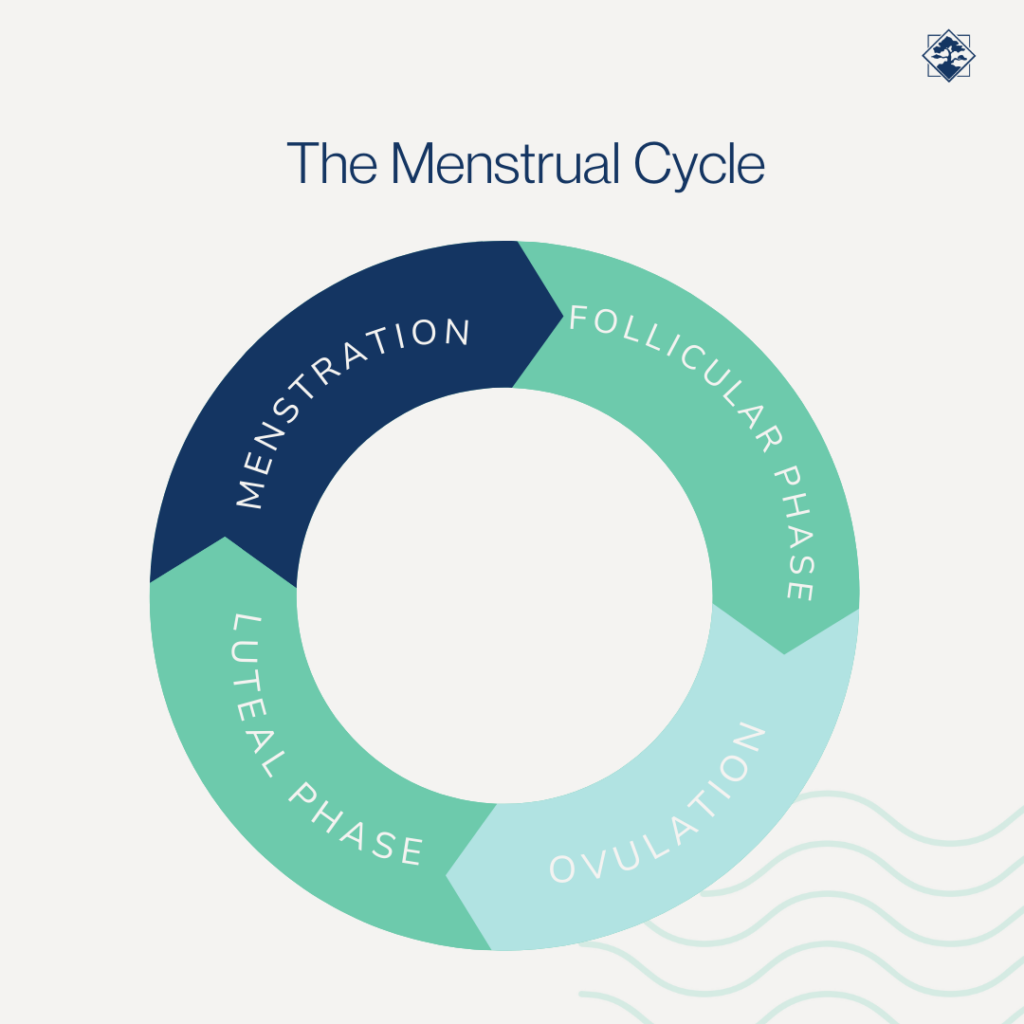Common Reasons Why You Aren’t Ovulating
Embarking on the journey to parenthood can be a thrilling yet challenging endeavor, especially when faced with the complexities of infertility. At Viera Fertility Center, we understand that ovulation plays a pivotal role in the fertility equation. If you are struggling to conceive, you may not be ovulating.
A Brief Overview of Ovulation
Ovulation is the release of a mature egg from the ovaries, typically occurring midway through the menstrual cycle. This process marks the most fertile period in a woman’s cycle, commonly referred to as the “fertile window.” The egg, once released, travels down the fallopian tube, awaiting fertilization by sperm.

Common Reasons Why You Might Not Be Ovulating
- Polycystic Ovary Syndrome (PCOS):
- PCOS is a common hormonal disorder affecting many women of reproductive age. It can disrupt the regular ovulation cycle due to imbalances in hormone levels, particularly elevated androgens. The presence of small cysts on the ovaries can further complicate the ovulation process. With this condition, you may have occasional or irregular periods for years. While it’s still possible to get pregnant in some cases, it’s less likely than for someone without this condition.
- Hormonal Imbalances:
- Hormones play a delicate dance in the reproductive system, and any imbalance can affect ovulation. Irregularities in the production of hormones such as luteinizing hormone (LH), follicle-stimulating hormone (FSH), or thyroid hormones can impact the ovulatory cycle.
- Stress and Lifestyle Factors:
- Modern lifestyles can contribute significantly to fertility challenges. High-stress levels, inadequate sleep, poor nutrition, and excessive exercise can disrupt the delicate hormonal balance necessary for regular ovulation. Addressing these lifestyle factors can often restore ovulatory function.
- Body Weight Extremes:
- Both underweight and overweight conditions can interfere with ovulation. In cases of insufficient body fat, the body may prioritize survival over reproduction, leading to irregular cycles. Conversely, excess body fat can disrupt hormone balance, impacting the ovulatory process.
- Perimenopause
- Perimenopause is the phase your body goes through before menopause. It tends to occur several years before you reach menopause. In some cases, this period can last as little as a few months. However, it could last up to 10 years. During perimenopause, your body is producing less estrogen, which leads to irregular ovulation and menstrual cycles. Once you reach menopause, you will no longer release eggs or produce estrogen, causing a complete halt in ovulation.
- Thyroid Disorders:
- The thyroid gland plays a crucial role in regulating metabolism and reproductive hormones. Disorders such as hypothyroidism or hyperthyroidism can disturb the balance, affecting ovulation and fertility.
- Regular NSAID Usage
- Non-steroidal anti-inflammatory drugs, also known as NSAIDs, reduce inflammation to lessen pain. Unfortunately, when you take them regularly, they may prevent you from ovulating since ovulation is similar in nature to inflammation.
If you’re facing challenges with ovulation, it’s essential to consult with fertility experts who can conduct thorough assessments and provide personalized guidance. At Viera Fertility Center, our dedicated team is committed to helping you navigate the journey to parenthood. By understanding the reasons behind ovulatory issues, we can work together to develop tailored solutions and increase your chances of a successful and healthy conception. Contact us to schedule an appointment today.